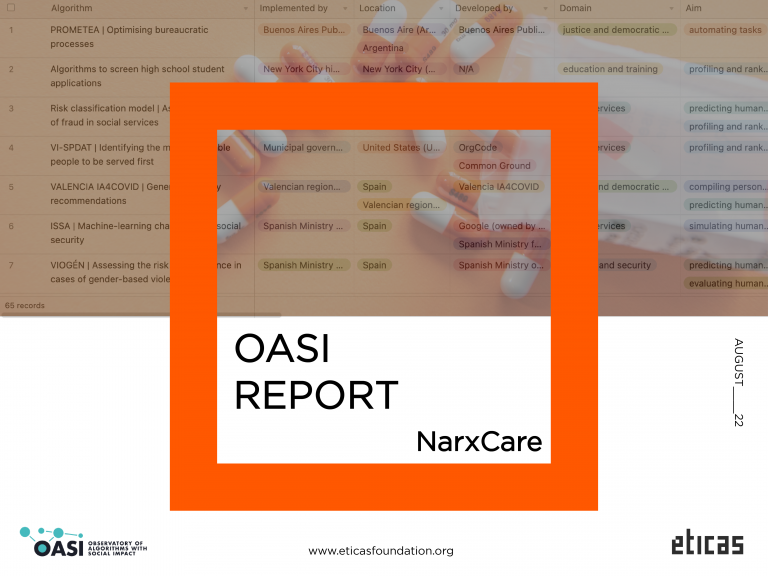
The rise of renewable energy and the dynamic trade of electrical energy across European markets has prompted Germany to turn to algorithms to manage its energy infrastructure. Automated systems in the form of the SCADA systems (Supervisory Control and Data Acquisition) have brought smoother feed-in, control of decentralized electricity, and an added resilience to the energy supply (AlgorithmWatch 2019). These systems utilize machine learning and data analytics to monitor and avoid supply failure and mitigate power fluctuations (ibid). Unfortunately, the systems also bring with them some costs, namely, privacy and security. Government experts argue that the new smart systems are more susceptible to cyberattacks (ibid). Given the energy grid’s position as a fundamental piece of national infrastructure, this criticism should be taken as a serious concern. Advocacy groups point out that the automated systems also allow for surveillance capabilities within the private home.






